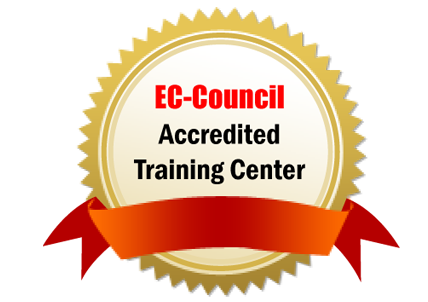History of EC-Council
History
Founded in 2001, EC-Council (International Council of E-Commerce Consultants) has established itself as a leader in cybersecurity certification . Renowned for its innovative programs like Certified Ethical Hacker (CEH) and Computer Hacking Forensic Investigator (CHFI) , EC-Council addresses the growing demand for skilled cybersecurity professionals. The organization plays a pivotal role in setting industry standards and has been recognized by the United States Department of Defense among others.
EC-Council's impact on cybersecurity education is global, with its programs offered in over 145 countries. The council's commitment to counteracting cyber threats has led to the development of cutting-edge courses that equip professionals with practical skills and real-world expertise . As cyber challenges evolve, EC-Council continues to innovate, providing up-to-date training and certifications that are crucial for maintaining cybersecurity resilience and protecting digital infrastructure . This commitment to excellence makes EC-Council a trusted name in IT security training .
Recent Trends of EC-Council
Trends in Cybersecurity Training: EC-Council's Latest Innovations In the ever-evolving landscape of IT security, the EC-Council remains at the forefront with their cutting-edge cybersecurity training programs. Catering to the growing demand for advanced threat mitigation, the EC-Council has recently introduced new courses such as the Certified Ethical Hacker (CEH) v12 , which equips professionals with the latest hacking techniques and countermeasures .Koenig Solutions, a leader in IT training, now offers these updated programs, ensuring that IT professionals are well-versed in the latest cybersecurity trends . The EC-Council's Certified Network Defender (CND) and Certified Security Analyst (ECSA) courses have also been revamped to include comprehensive coverage of cloud security , IoT defense strategies, and threat intelligence .Staying abreast with industry developments, other related companies are also enhancing their curricula, integrating AI and machine learning to better anticipate cyber threats. Koenig Solutions is committed to providing the most relevant and up-to-date training, empowering IT specialists to protect against sophisticated cyber-attacks.






